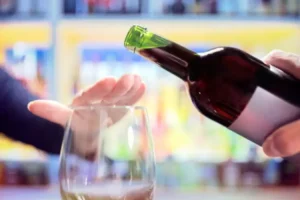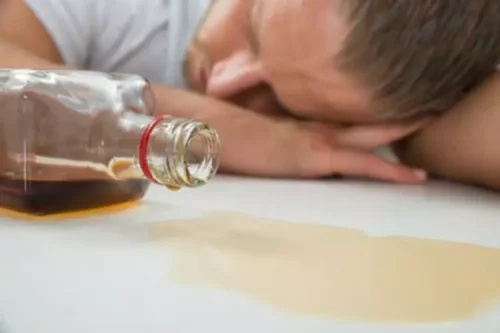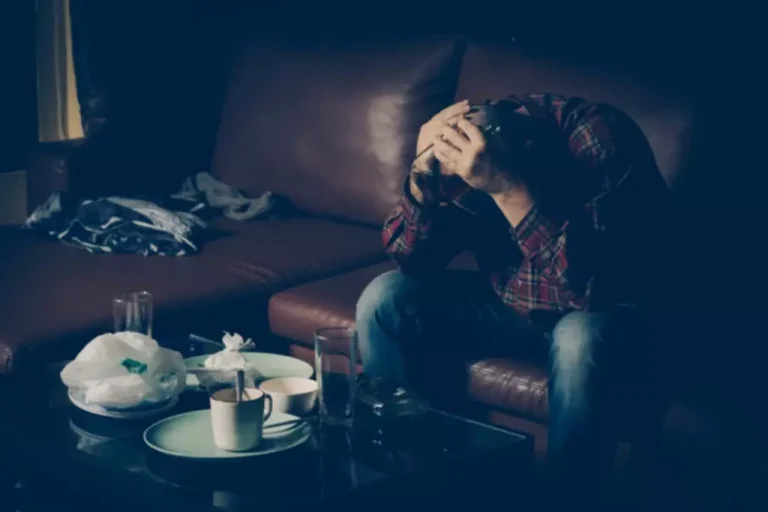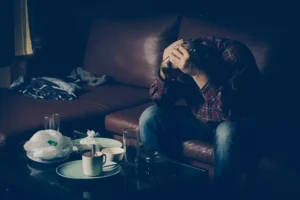
The FHE Health team is committed to providing accurate information that adheres to the highest standards of writing. This is part of our ongoing commitment to ensure FHE Health is trusted as a leader in mental health and addiction care. The original version of the Twelve Steps and The Big Book makes numerous references to God, and this is largely because the steps were based on the six principles of The Oxford Group, a religious movement. The original references to God were quickly challenged in the early days of AA, and Bill W. Addressed those challenges by explaining that every member was welcome to interpret God to mean https://ecosoberhouse.com/ whatever higher power they chose to believe in while working the steps. Philosopher William James and Carl Jung a Swiss psychiatrist also played a part in supporting the concepts of a spiritual (not necessarily religious) experience as part of recovery.

What does unmanageable mean?
- Throughout his tenure at The Freedom Center, he has strategically built relationship with referring providers, hospitals and local government leaders.
- We all suffer from the same powerlessness over mood and mind-altering substances, people, places, and things.
- Understanding societal power imbalances is crucial in recognizing how they influence inequities and contribute to systemic injustices.
- Use them to learn about additional supports you need, the needs or desires that drove you to act out, or catalysts or triggers that create more temptation.
For me, recovery is a day to day, even moment to moment practice. Many of the comments made in that discussion are spot on – powerless over alcohol sobriety isn’t the end goal. I may be sober for 3 months, 6 months, a year, even longer, but if I’m still angry, defensive, procrastinating, blaming, shaming, etc.
Unable to Manage Drinking
Most recovering addicts, especially those who attend the 12-step program, are pretty familiar with the concept of powerlessness. After all, helplessness isn’t a concept that solely applies to addiction, although it might be the first step to recovery and sobriety. Addiction Alcohol Use Disorder treatment centers discuss the concept of powerlessness in therapy to help people recover.
Step one : Admitting Powerlessness and Unmanageability

Without accepting powerlessness and unmanageability, it becomes challenging to make meaningful progress in your journey to recovery. It is admittedly off-putting to think of yourself as “powerless.” Many people see asking for help to overcome a particular struggle as a sign of personal failure. This pervasive stigma is a big reason why seeking help for substance abuse, or even admitting you struggle with substance abuse, is so hard. As a part of treatment at MARR, our clients complete a First Step Inventory, which includes examples of powerlessness and unmanageability from various areas of life. This assignment starts to create awareness of how this disease damages one’s life. When you lay it all out, you will see that you did not have control in those moments.
Is Alcoholism a Disease or Choice?
Accepting this powerlessness is a crucial step in recovery, as it allows individuals to seek the necessary help and support to regain control over their lives and work towards sobriety. If you are struggling with addiction, reach out to a friend, family member, therapist, treatment center, or other support system. These people and professionals can offer you the hope and encouragement you need to keep going.
List of Examples of Powerlessness in Sobriety

Explore realistic films about addiction, diving into authentic portrayals and impactful narratives. ' Unveil the financial impact, drug pricing models, and the future of drug costs. Explore the risks of driving under the influence of prescription drugs and stay safe on the road. Unveiling shocking prescription drug abuse statistics & facts. Navigate severe alcohol withdrawal and its management with expert insights.
Five Steps to Getting Clean and Sober

Read on to learn more about the concept of powerlessness, what it really means, and why it’s so critical in the recovery journey. The First Step does not say that you are powerless over your actions, your decisions, or your relationships; it says that you are powerless over alcohol/drugs. This is not an excuse for continuing down the same destructive path.
